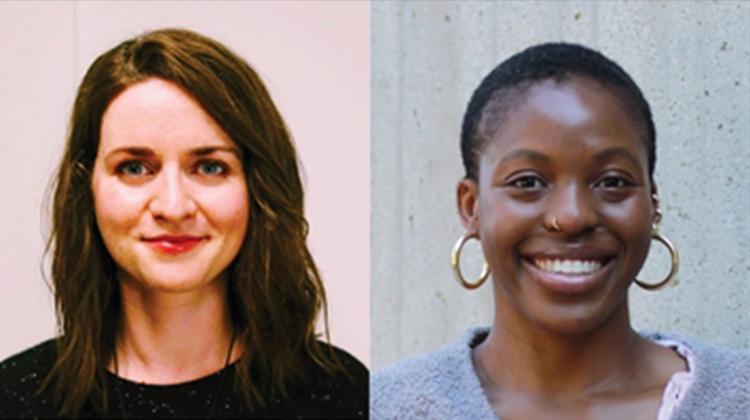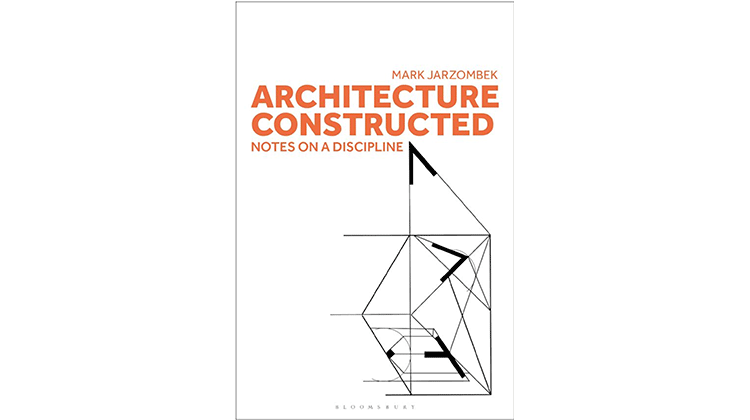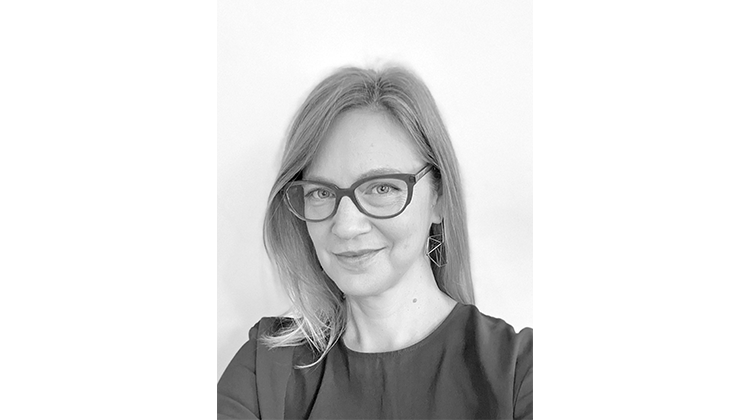Special Subject: History, Theory & Criticism of Architecture & Art — Experimental Histories of the MET Warehouse
Subject canceled for Fall 2023.
Modern Art and Mass Culture
9/15/23 note: The Friday recitation schedule has changed to F 4-5 pm
Introduction to theories of modernism and postmodernism and their related forms (roughly 18th century to present) in art and design. Focuses on how artists use the tension between fine art and mass culture to critique both. Examines visual art in a range of genres, from painting to design objects and "relational aesthetics." Works of art are viewed in their interaction with advertising, caricature, comics, graffiti, television, fashion, "primitive" art, propaganda, and networks on the internet.
Additional work required of students taking graduate version.
4.602/4.652 Syllabus (MIT Certificate Protected)
Special Subject: Study in Modern Architecture — The Globe, The Planet and the World
(pre-approved for MArch HTC elective Fall 2023)
This seminar looks at the emerging culture and crisis of ‘bigness’ that emerged in the field of architectural history in the 1980s – early 2000’s. There are now things like Long History, Deep History, Global History and so forth. Whereas much has been made of microhistories, little has been made of macrohistories. We will, therefore, try to make sense of this shift and embodied critiques of Eurocentrism as well as their on-going transformations, potentials, and problematics. Since secondary literature and analysis of this phenomenon is practically non-existent, we will study the phenomenon by trying to assemble different takes and perspectives to get a more critical understanding of the field. Students will be asked to develop a lecture/syllabus as a way to experiment with these scalar perspectives. Though a reading intensive course, MArchs are welcome to develop a better and more critical understanding of new directions in contemporary architecture.
4.s68 Syllabus (MIT Certificate Protected)
Special Subject: Advanced Study in Islamic Architecture — Decolonial Ecologies
(pre-approved for MArch HTC restricted elective Fall 2023)
Seminar or lecture on a topic in Islamic or non-western architecture that is not covered in the regular curriculum. Requires original research and presentation of oral and written reports, varying at the discretion of the instructor.
4.s65 Syllabus (MIT Certificate Protected)
Special Subject: History, Theory and Criticism of Architecture and Art — Art/Science Thing
(pre-approved for MArch HTC elective Fall 2023)
Art and Science are pursuits divided by modernity. As Aristophanes once theorized the sexes, the two domains act like divided halves of a once unified soul—in this case, we might call that prior soul philosophy. This course investigates the long history of “the Art/Science thing,” examining its chosen love objects and subject positions. We look at the production of “fine” arts and investigations of natural phenomena as twinned Liberal Arts in the Renaissance, the artist as “natural philosopher” during the Enlightenment, the production of subjectivity/objectivity with the Scientific Method and the “science” of aesthetics, the division of science from “the liberal arts” in the industrial age, the creation of the two culture debate in the 20th century, the attempt to make a science of art (perception) in mid-century. With examples from contemporary art in each week’s discussions, we examine the compelling history of image-making in both regimes, and the raiding of each others’ epistemic toolkits beginning in the late 20th century. We place particular emphasis on the emergence of new hybrid domains (such as “bio-art”) in the 21st century.
“Scientists” was a name chosen in emulation of “artists” — a generalized professional category that could include multiple modes of empirical, proof-based activity just as “artist” included media as diverse as sculpture, painting, drawing, and print-making. Increasingly, art becomes a field in which scientific concepts can be brought into public discourse with more than “illustration” in mind. Biofiction, critical fabulation, loyal opposition, and skeptical love are contemporary characteristics of the art-science thing.
4.s62 Syllabus (MIT Certificate Protected)
Preparation for History, Theory and Criticism PhD Thesis
Required for doctoral students in HTC as a prerequisite for work on the doctoral dissertation. Prior to candidacy, doctoral students are required to write and orally defend a proposal laying out the scope of their thesis, its significance, a survey of existing research and literature, the methods of research to be adopted, a bibliography and plan of work. Work is done in consultation with HTC Faculty, in accordance with the HTC PhD Degree Program guidelines.
Preparation for HTC Minor Exam
Required of doctoral students in HTC as a prerequisite for work on the doctoral dissertation. The Minor Exam focuses on a specific area of specialization through which the student might develop their particular zone of expertise. Work is done in consultation with HTC faculty, in accordance with the HTC PhD Degree Program Guidelines.





